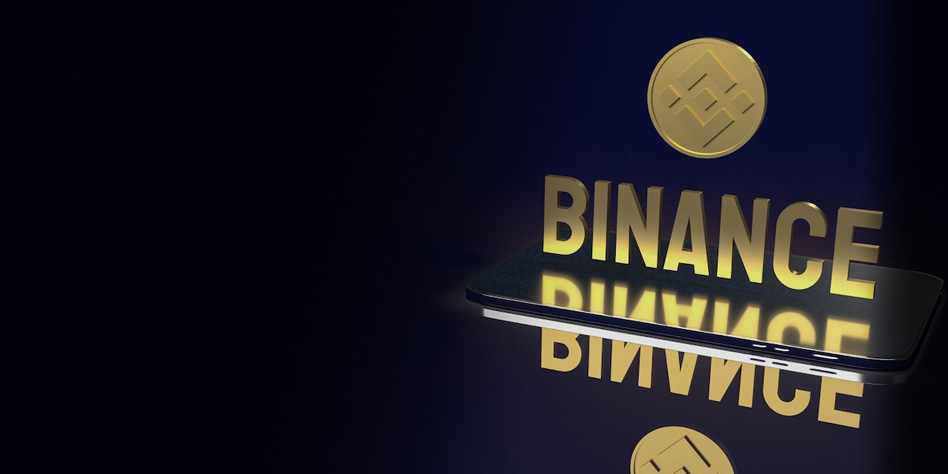
Monero is renowned for its unwavering commitment to privacy and security and has carved out a unique niche within the domain of digital assets. Monero has garnered a dedicated following among privacy advocates and cryptocurrency enthusiasts by offering users unparalleled anonymity in their transactions. The announcement of Monero's delisting from Binance sent shockwaves through the cryptocurrency community.
The Binance Delisting
Binance announced on February 6, 2024, it will be delisting Monero effective February 20, 2024. This decision stemmed from regulatory compliance concerns, market liquidity considerations, and a strategic reevaluation of the exchange's offerings. The official statement from Binance emphasized the importance of maintaining a high standard for listed digital assets, "We periodically review each digital asset we list to ensure that it continues to meet the high level of standard we expect. When a coin or token no longer meets this standard, or the industry changes, we conduct a more in-depth review and potentially delist it. We believe this best protects all our users."
Monero's price plunged from $165 to $148 within minutes of the delisting announcement. As the market settled, Monero's price stabilized at $123.85, marking a notable 10.99% decline within a mere 24 hours. This abrupt shift in price prompted speculation and debate regarding the potential ramifications of Binance’s delisting on Monero's future direction.
Reactions from the Community
The Monero community responded vehemently to the delisting, emphasizing their unwavering commitment to privacy. In a statement shared on X (formerly Twitter), they declared, “Monero will never compromise on privacy. You can trade Monero on other exchanges, on DEXs, and with atomic swaps. Please self-custody your XMR.” Monero remains steadfast in its stance, refusing to yield to Binance's requirements and maintaining its uncompromising stance on privacy. The delisting was attributed to Binance's new requirement for deposits to originate from publicly transparent addresses, a condition incompatible with Monero's privacy features. Monero has employed stealth addresses for all transactions since its inception in April 2014, enabling selective disclosure through view keys but rejecting the notion of transparent addresses.
A Financial Times article by Scott Chipolina raised privacy concerns. He said Monero champions financial autonomy and privacy in cryptocurrency and believes in the fundamental right to financial privacy and freedom from surveillance. Privacy coins like Monero are essential for safeguarding individuals' financial autonomy and preventing unauthorized surveillance. Civil liberties advocate Randy Reitman, said in the same article, “I’m worried that this is part of a larger backlash against privacy coins. People who care about digital privacy should be concerned and speak out.”
The delisting of Monero may reshape the future of Web3. Web3 envisions a decentralized internet founded on blockchain technology, where control and governance are distributed among participants rather than centralized entities. This shift from Web2 to Web3 promises a future where community-run networks replace corporate control and access and usage are managed collectively. Swapzone believes stakeholders must prioritize decentralization to safeguard individual sovereignty and enable greater autonomy in the digital realm. This underscores the importance of ongoing conversations about privacy's role in Web3 and its potential impact on blockchain and cryptocurrency developments moving forward.
The Road Ahead for Monero
The road for Monero presents challenges and opportunities following its delisting from Binance. Monero has demonstrated resilience in navigating previous challenges and maintaining its position as a leading privacy-focused crypto despite this setback. XMR is valued at $125.79 at the time of this writing. Exploring alternative trading platforms and decentralized exchanges offers Monero holders avenues to continue trading and investing in the crypto.
Monero owners retain full access to the network and control over their XMR wallets, even after the delisting from Binance. It's essential to note that storing the bulk of your cryptocurrency in a non-custodial wallet, such as the one provided by Binance, has never been advisable. Security experts strongly advise Monero holders to utilize their own XMR wallet to retain control over their private keys and ensure greater security and autonomy over their assets.
Monero's delisting from Binance underscores the ongoing challenges faced by privacy-focused coins in navigating regulatory compliance. This move may present short-term hurdles for Monero, but its resilient community and commitment to privacy position it to overcome these obstacles and thrive in the long run. XMR owners must stay informed about developments and monitor Monero's progress moving forward. Individuals can contribute to the broader conversation surrounding privacy, decentralization, and the future of finance in the digital age by staying engaged and informed.
